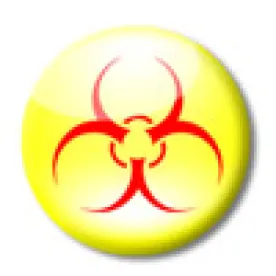Illustrating the limits on damages available to North Carolina landowners in toxic tort cases, the North Carolina Court of Appeals upheld a trial court’s order capping damages at the diminution in the value of the contaminated property. BSK Enters., Inc. v. Beroth Oil Co., 783 S.E.2d 236 (N.C. Ct. App. 2016).
In a suit claiming nuisance, trespass, and violation of North Carolina’s Oil Pollution and Hazardous Substances Control Act, Plaintiffs alleged that Defendant’s leaking underground storage tanks contaminated the groundwater under Plaintiffs’ property, a commercial warehouse and distribution facility. At trial the jury found that the contamination resulted in a $108,500 diminution in the value of Plaintiffs’ property. The jury also awarded $1.5 million in reparation damages for the cost of remediating the groundwater beneath Plaintiffs’ property. The trial court, however, capped the damages at the diminished value of the property and refused to award reparation damages.
The Court of Appeals affirmed the trial court’s cap. The Court held that where the cost to restore the property is disproportionate to or greatly exceeds the diminution in value of the property, the proper calculation for damages is merely the diminution of the property’s value. Id. at 249. The Court noted the “personal use” exception to this doctrine, whereby a plaintiff may recover reparation damages in excess of the diminution of value if the plaintiff’s property has a personal use, such as a home. Here, however, Plaintiffs were business entities that did not qualify for the exception.







 />i
/>i
